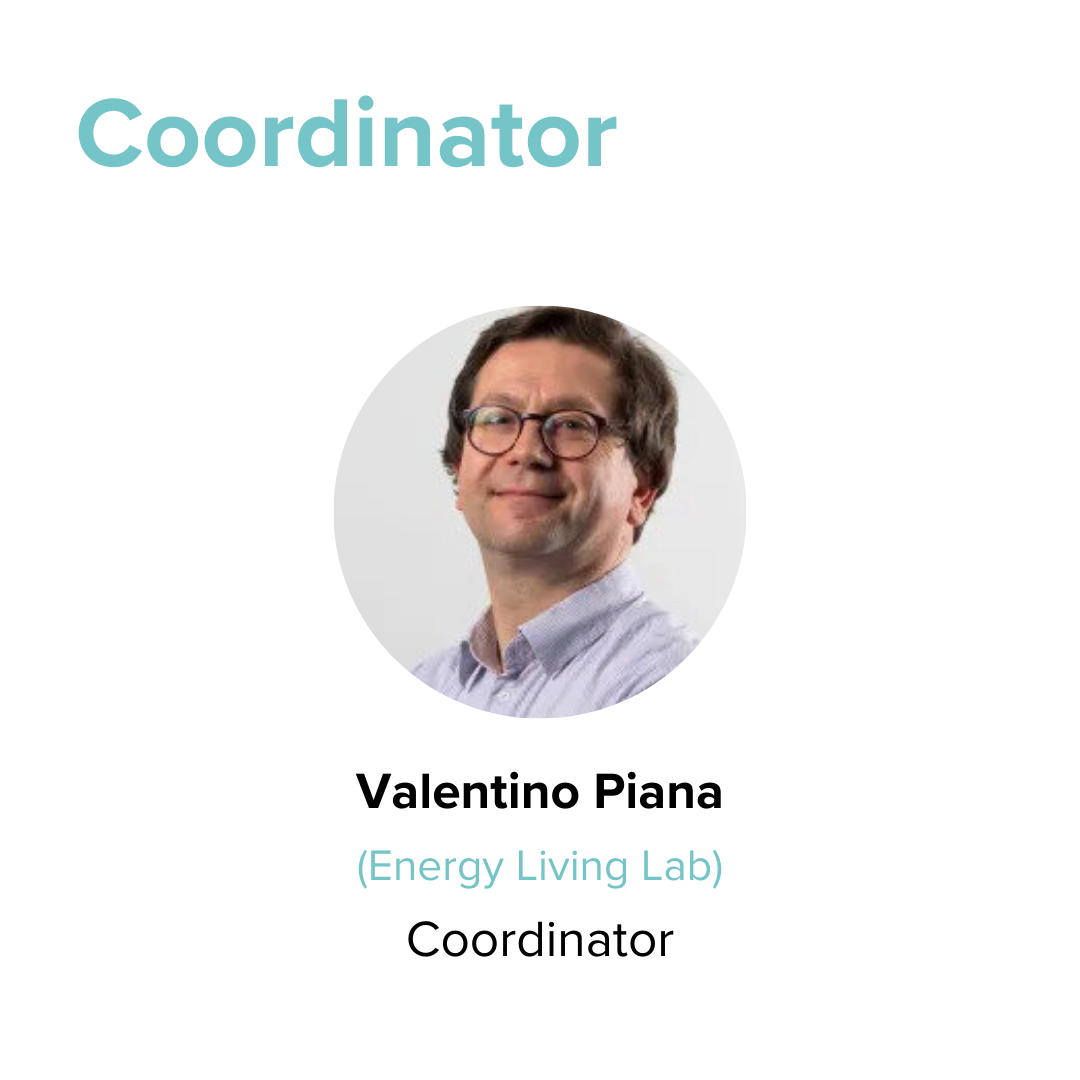Energy & Environment
ABOUT
We are confronted today to complex challenges related to energy and environment. This is not the first time in history that such questions arise linked to transition toward a more sustainable society. Today, scenarios of what will happen to the next generation if a collective effort is not made during the next decade are frightening.
Generating a global movement toward a more sustainable society needs different elements:
- Analysis of the actual situation.
- Identification of best practices, proven successful in specific contexts.
- Identification of what does not work and what is suggested to stop investing in.
- Development of new products, services, programs, methods.
- Coordination, scalability, and replicability of such practices.
- Measurement of impact of the practices put in place and feedback loops
In such a complex system and with ambitious objectives, Research & Innovation must be interdisciplinary, international and involve multiple stakeholders. Most of the research communities are formed around one discipline of research, with some exceptions. Research is often separated from Innovation, different paths of the innovation funnel, and composed of different entities. Innovation is usually rooted in regional contexts, such as clusters, and international coordination of activities is complex to put in place without standardisation.
At the moment, the community exists, actors are organising sessions at annual events and gathering activities, but coordination activities and supporting tools still need to be further developed:
- A platform to dialogue between the annual events and continue to exchange about the
best practices in the regions/cities. - A roadmap for Research and Innovation on Living Labs toward sustainability.
- A group of researchers wanting to collaborate on international research proposals with a coordination to achieve milestones of the research roadmap.
- A knowledge transfer mechanism to disseminate the best practices, to accelerate the transition, to support the new comers in the network.
- A dedicated communication channel.
- A budget to coordinate the below mentioned activities and to put the tools in place.

Actions
- Session at the OpenLivingLab Days 2024
Related projects
The aim of the oPEN Lab is to identify replicable, commercially viable solution packages enabling the achievement of positive energy neighbourhoods within existing urban contexts that are seamlessly integrated into the local energy system as an active micro-energy hub, and to test these technologies and package as an integrated solution at neighbourhood scale.
Over the duration of the project, oPEN Lab will focus on identifying and demonstrating replicable, commercially viable solution packages enabling to achieve positive energy buildings and neighbourhoods. Three open innovation living labs in the cities of Genk (Belgium), Pamplona (Spain) and Tartu (Estonia) will test combinations of different close-to-market ready technologies and services and study their performance as a unique operating system.
Contact person:
Francesca Spagnoli – francesca.spagnoli@enoll.org
Marta De Los Ríos White – marta.delosrioswhite@enoll.org
LIFE-BECKON (Boosting Energy Communities massive deployment by equipping local authorities with comprehensive technical assistance cooKboOk, integrated services and capacity buildiNg) stimulates and boosts the deployment of energy communities across Europe by developing and delivering comprehensive support mechanisms for public authorities, promoters and Local Action Groups to better equip them to facilitate the creation of energy communities, therefore answering to clear needs and known barriers.
The comprehensive support mechanism includes
- A Technical Assistance cookbook to enable the creation of Technical Assistance Offices,
- A Capacity Building program via a Train-the-Trainer approach to increase the expertise and knowledge of all stakeholders involved
- and integrated services via a One-Stop-Shop platform to facilitate access to information, tools and guides as well as matchmaking among actors along the value chain.
The support mechanism will be validated in 3 supramunicipal areas in Avila (Spain), Sofia (Bulgaria) and Copenhagen (Denmark) and replicated in 15 EU local authorities.
ENoLL role: Within the project, ENoLL will be in charge of WP2 Capacity Building via Train-the-Trainers, the objective is the training/mentoring for the development of skills and competencies in co-design and citizen-centred co-creation methodologies, to promote collaboration & mutual learning across sectors, citizens and stakeholders participating in the creation of local Energy Communities.
Contact person:
Francesca Spagnoli – francesca.spagnoli@enoll.org
Marta De Los Ríos White – marta.delosrioswhite@enoll.org